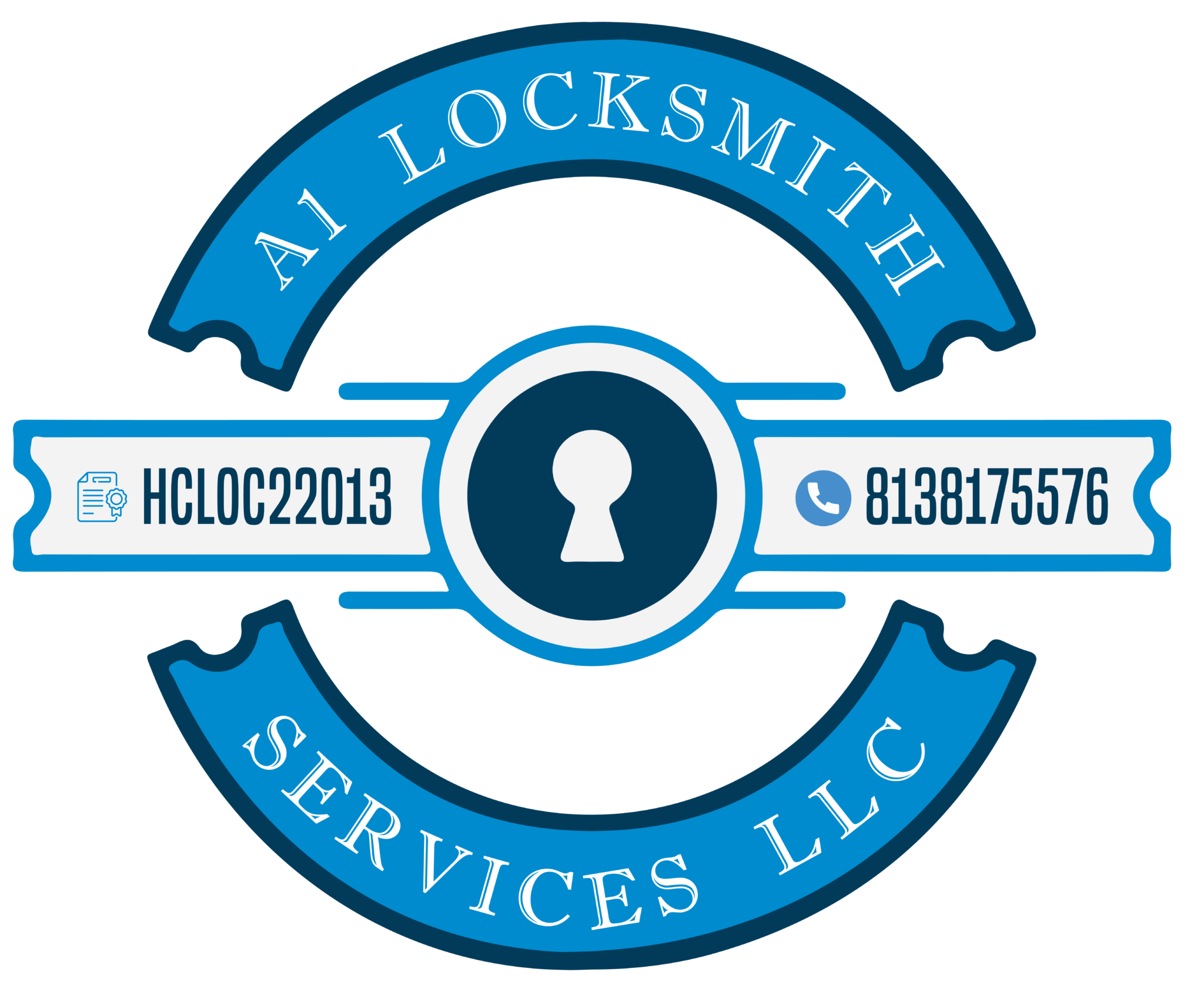Nothing catches you off guard like a key snapping inside your lock. Suddenly, you can’t get in or lock your door. It’s frustrating and can leave you feeling exposed. Locks can also get damaged after a break-in attempt, which puts your home at risk.
This problem affects many homeowners. Over 55% of burglaries happen through damaged or forced locks, according to Safe Wise. Fixing these lock issues quickly matters for your safety and peace of mind.
This blog looks at why keys and locks fail, simple DIY steps you can try, and how locksmiths handle repairs. You’ll also find tips to keep your locks strong and secure.
Why Keys Break in Locks
Keys breaking in locks happen more often than you think. Several common causes can weaken your keys or locks over time. We will explain these causes in detail below to help you understand the problem better.
Wear and Tear
Keys weaken with daily use. Metal can develop tiny cracks that grow over time. This causes the key to break more easily, especially if the lock is hard to turn. Old locks and rough handling speed up this wear, making breakage more likely.
Key Quality
Keys made from soft or cheap metals are less durable. These keys can bend or snap faster than those made with stronger materials. Using good-quality keys lowers the chance of damage and helps locks work smoothly longer.
Lock Misalignment
When lock parts don’t line up correctly, they push unevenly on the key. This puts extra pressure on certain spots, causing keys to break or get stuck. Misalignment often happens as locks age or after a forced entry attempt.
Wrong Key Usage
Forcing a wrong key into a lock can cause serious damage. Even small differences in key shape can stop it from turning properly. Using the right key and inserting it carefully avoids this problem.
Weather Effects
Cold and wet weather affects metal keys and locks. Low temperatures make keys stiff and brittle, raising the chance they will snap. Moisture can freeze inside locks or cause rust, which makes turning harder and damages keys.
Dirt and Debris
Locks gather dust, dirt, and small particles over time. This buildup blocks smooth movement inside the lock. When keys are forced through dirty locks, they may bend or break. Keeping locks clean and lubricated helps prevent this issue.
What to Do If Your Key Breaks in the Lock
A key breaking inside a lock can be stressful and frustrating. Many people try quick fixes that might make the problem worse. Knowing the right first steps can save time and prevent further damage. Below, we cover practical advice to handle this situation safely.
Avoid Forcing the Key Further
Applying extra force to a broken key often worsens the problem. It can jam the key more tightly or harm delicate parts inside the lock. Remaining calm and avoiding pressure protects the lock and prevents further damage.
Removing the Broken Piece
When a piece of the key is visible, gently using tweezers or needle-nose pliers can help remove it. Move carefully to avoid pushing the key deeper into the lock. Patience is key to reducing the risk of added trouble.
Applying Lubrication
A small amount of lock lubricant sprayed into the keyhole can ease the broken piece’s grip. This makes removal simpler and smoother. It’s important to use a product meant for locks and avoid excess to prevent buildup.
Calling a Professional Locksmith
If you find the key stuck or worry about damage, contacting A1 Locksmith Services LLC is a smart move for your residential solution. Serving Riverview and Tampa, our trained locksmiths use proper tools and methods to safely remove broken keys and fix locks.
How a Locksmith Can Help
Broken keys and damaged locks can be hard to fix alone. Trying without the right tools may cause more damage. Knowing when to call a professional locksmith ensures the problem is handled safely and effectively.
Key Extraction
Locksmiths utilize specialized tools like key extractors, broken key removal kits, and fine-tipped pliers to carefully remove broken keys from locks. These tools allow for precise extraction without causing further damage to the lock mechanism.
Lock Repair or Replacement
If a lock is damaged due to a broken key, a locksmith will evaluate whether repair or replacement is necessary. Prompt attention to lock issues is crucial; according to the FBI’s 2023 Crime in the Nation statistics, burglary offenses decreased by an estimated 7.6% compared to the previous year. This decline highlights the effectiveness of proactive security measures. Repairing or replacing damaged locks promptly can further enhance home security and potentially deter break-ins.
Key Duplication
If you don’t have a spare key, a locksmith can create a new one based on the broken piece or the lock’s configuration. This service ensures you have a functional key without the need to replace the entire lock system.
Lock Rekeying or Upgrading
If the lock is old or faulty, a locksmith may suggest rekeying it to render old keys useless or upgrading to a more secure option, such as a smart lock. This enhances security and provides peace of mind.
Preventive Measures to Avoid Key Breakage
Proper care can stop keys from breaking and save you trouble. Regular lubrication keeps locks smooth and reduces friction. Using spare keys spreads out wear so no single key wears out fast. Avoid forcing keys; it can harm the lock. Old locks may misalign and cause key damage, so upgrading helps. Store keys carefully to prevent bending or breaking.
Easy Fixes for Door Knobs After a Break-In
If your door knob sticks or won’t turn after a break-in, simple fixes might solve the problem. Cleaning and small adjustments often restore smooth operation without replacing the entire knob.
For step-by-step help on repairing a jammed door knob, check out our detailed guide on fixing door knobs. It covers easy solutions to get your door working again before calling a locksmith.
DIY Repairs or Professional Fix? Choose Right After a Break-In
Trying to fix a damaged lock on your own might seem like a quick fix, especially after a break-in. But for Riverview homeowners, forcing or adjusting the lock without understanding the damage can make it worse. Bent latches, misaligned parts, or a warped frame often need expert care. A1 Locksmith Services LLC provides fast, reliable repairs that restore both security and peace of mind. Call us at +1 (813) 817-5576 for trusted service in Riverview.


